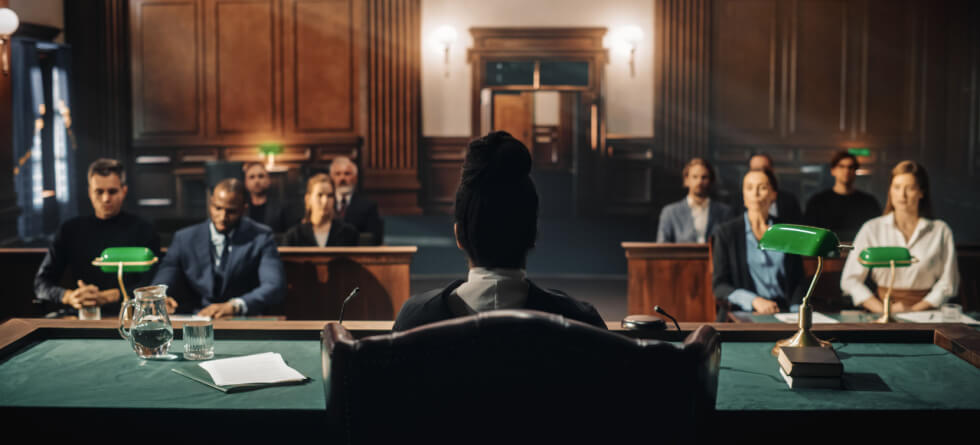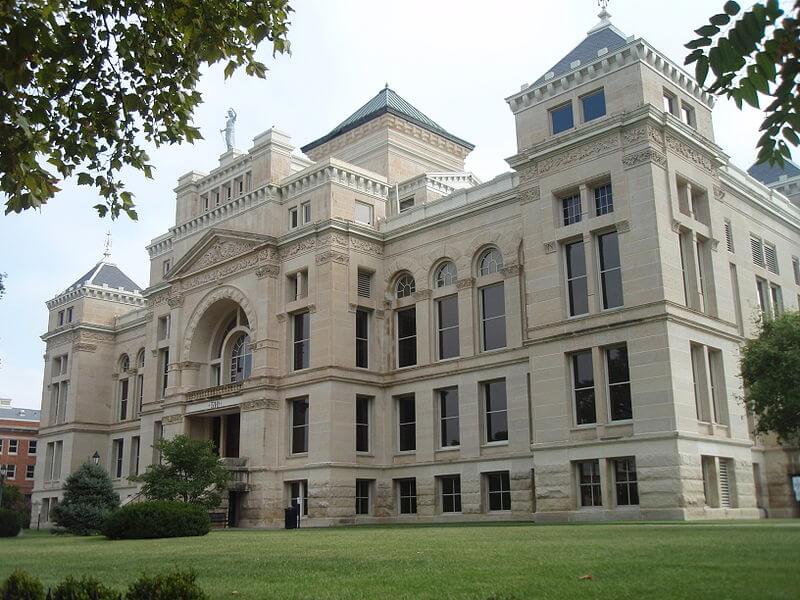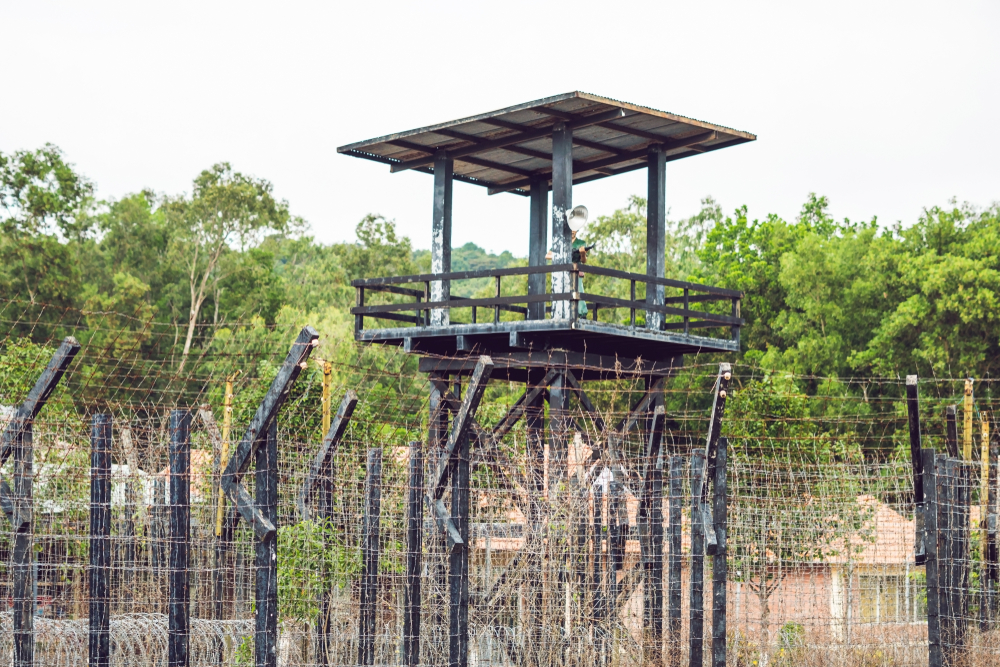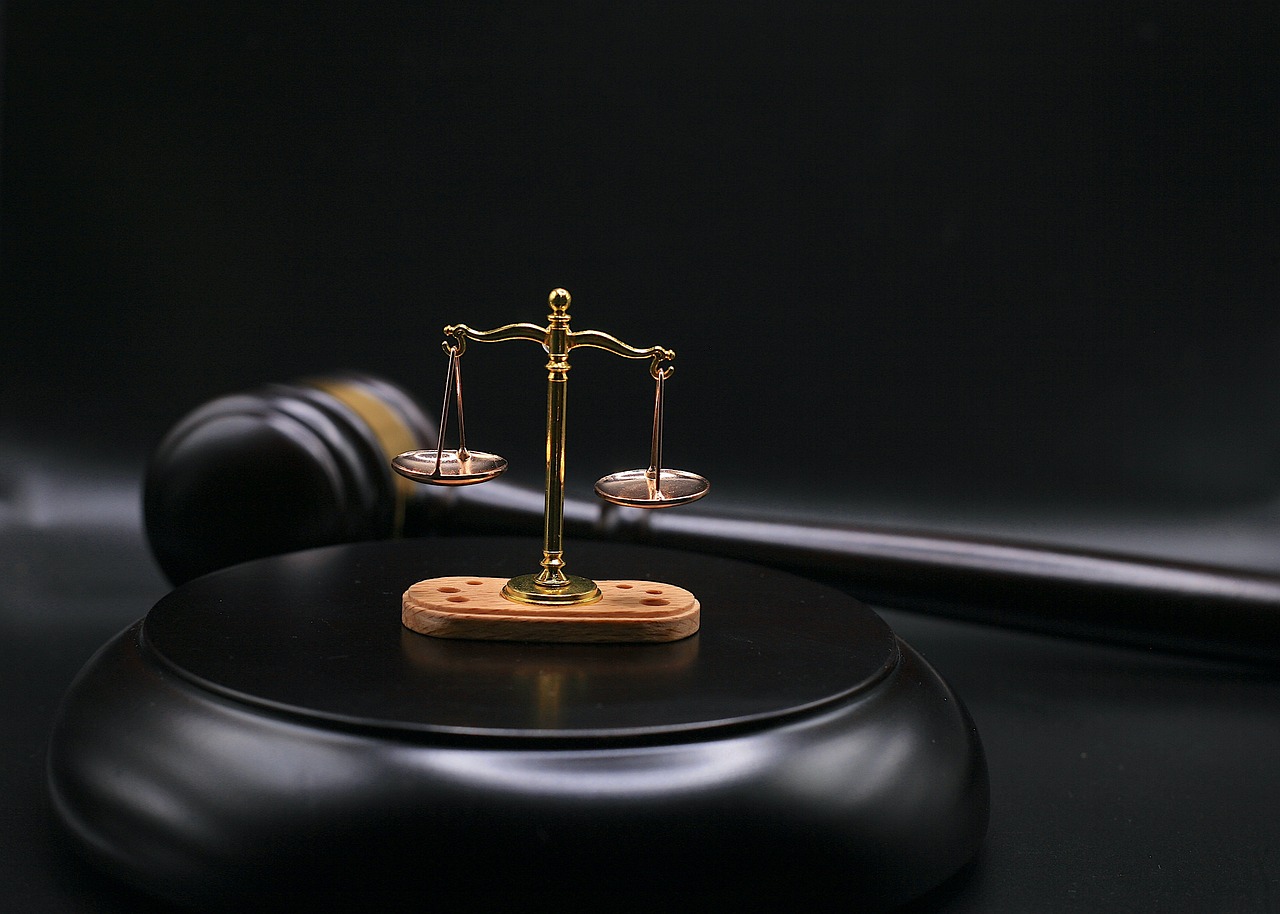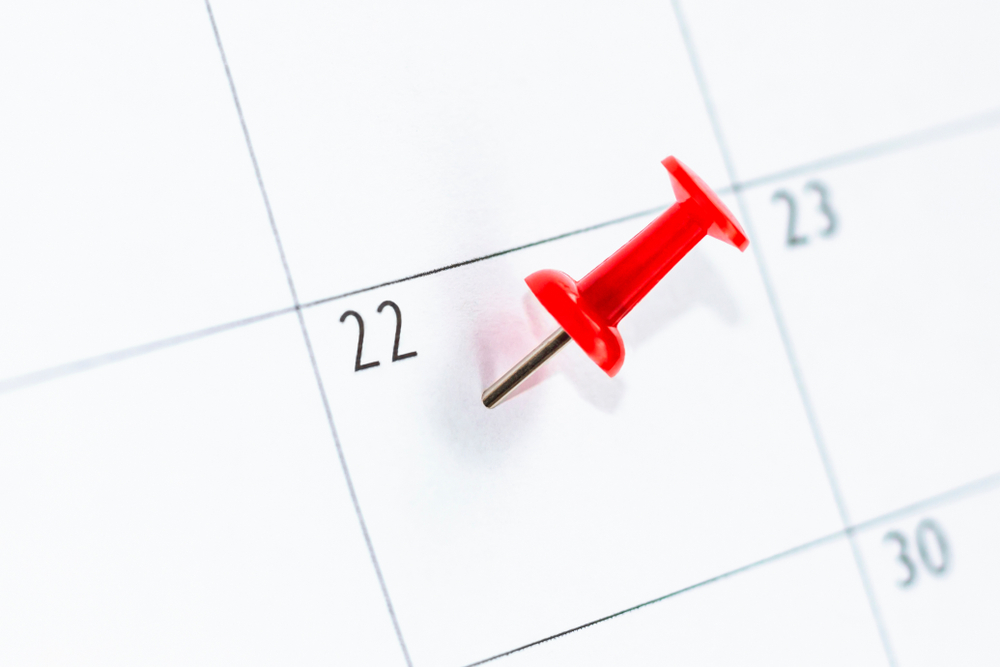After a bail hearing, several possible outcomes may occur depending on the circumstances of the case…
- Bail Granted – If the judge determines that bail is appropriate, they will set the bail amount and any conditions of release. The defendant or their representative can then post bail, either through cash payment or a bail bond, to secure their release from custody pending trial.
- Bail Denied – In some cases, the judge may decide that bail is not appropriate based on factors such as the severity of the charges, the defendant’s criminal history, or concerns about flight risk or danger to the community. In these situations, the defendant will remain in custody pending trial.
- Bail Conditions – Setting the bail amount, the judge may impose certain conditions of release that the defendant must comply with while out on bail. These conditions may include requirements such as surrendering passports, refraining from contact with certain individuals, or attending drug or alcohol treatment programs.
- Bail Review – If bail is denied or if the defendant is unable to post bail, they may have the option to request a bail review hearing at a later date. At this hearing, the defendant or their attorney can present additional information or arguments in support of bail, and the judge will reconsider the decision.
- Pretrial Proceedings – After bail is granted and the defendant is released from custody, they will continue to participate in pretrial proceedings, including court hearings, meetings with their attorney, and other legal proceedings leading up to trial.
Keep in mind that the specifics of what happens after a bail hearing can vary depending on the jurisdiction and the circumstances of the case. If you have questions about the bail process in a particular case, it’s advisable to consult with a qualified attorney who can provide guidance based on the relevant laws and procedures.

